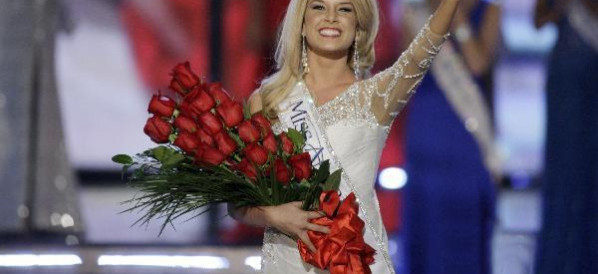 20 Terms
20 TermsHome > Terms > Macedonian (MK) > земјоделска политика
земјоделска политика
Countries often provide support for their farmers using trade barriers and subsidy because, for example:
- domestic agriculture, even if it is inefficient by world standards, can be an insurance policy in case it becomes difficult (as it does, for example, in wartime) to buy agricultural produce from abroad;
- farmers groups have proved adept at lobbying;
- politicians have sought to slow the depopulation of rural areas;
- agricultural prices can be volatile, as a result of unpredictable weather, among other things; and
- financial support can provide a safety net in unexpectedly severe market conditions. Broadly speaking, governments have tried two methods of subsidizing agriculture. The first, used in the United States during the 1930s and in the UK before it joined the European Union, is to top up farmers' incomes if they fall below a level deemed acceptable. Farmers may be required to set aside some of their land in return for this support. The second is to guarantee a minimum level of farm prices by buying up surplus supply and storing or destroying it if prices would otherwise fall below the guaranteed levels. This was the approach adopted by the EU when it set up its Common Agricultural Policy. To keep down the direct cost of this subsidy the EU used trade barriers, including import levies, to minimize competition to EU farmers from produce available more cheaply on world agriculture markets. Recent American farm-support policy has combined income top-ups and some guaranteed prices. As most governments have become more committed to international trade, such agricultural policies have come under increasing attack, although the free trade rhetoric has often run far ahead of genuine reform. In 2003, rich countries together spent over $300 billion a year supporting their farmers, more than six times what they spent on foreign AID. Finding a way to end agricultural support had become by far the biggest remaining challenge for those trying to negotiate global free trade.
0
0
Improve it
- Part of Speech: noun
- Synonym(s):
- Blossary:
- Industry/Domain: Economy
- Category: Economics
- Company: The Economist
- Product:
- Acronym-Abbreviation:
Other Languages:
Member comments
Terms in the News
Featured Terms
Тереза Скенлан
The winner of the 2011 Miss America pageant. Scanlan, A 17-year-old and recent high school graduate from the western Nebraska town of Gering captured ...
Contributor
Featured blossaries
Browers Terms By Category
- General accounting(956)
- Auditing(714)
- Tax(314)
- Payroll(302)
- Property(1)
Accounting(2287) Terms
- Lumber(635)
- Concrete(329)
- Stone(231)
- Wood flooring(155)
- Tiles(153)
- Bricks(40)
Building materials(1584) Terms
- General packaging(1147)
- Bag in box(76)
Packaging(1223) Terms
- Air conditioners(327)
- Water heaters(114)
- Washing machines & dryers(69)
- Vacuum cleaners(64)
- Coffee makers(41)
- Cooking appliances(5)
Household appliances(624) Terms
- Hair salons(194)
- Laundry facilities(15)
- Vetinary care(12)
- Death care products(3)
- Gyms(1)
- Portrait photography(1)




